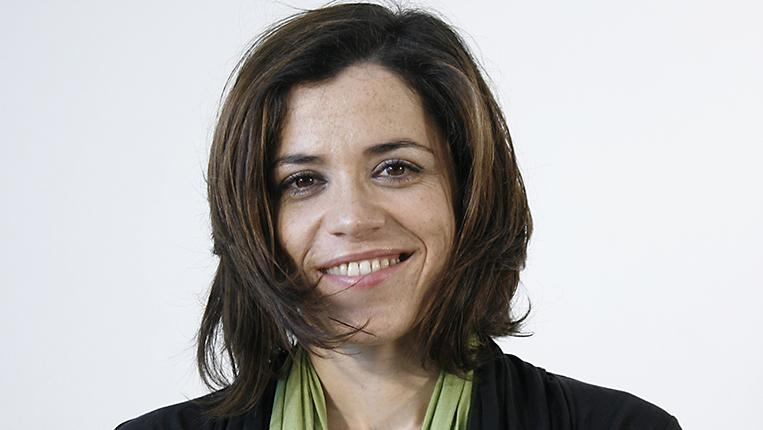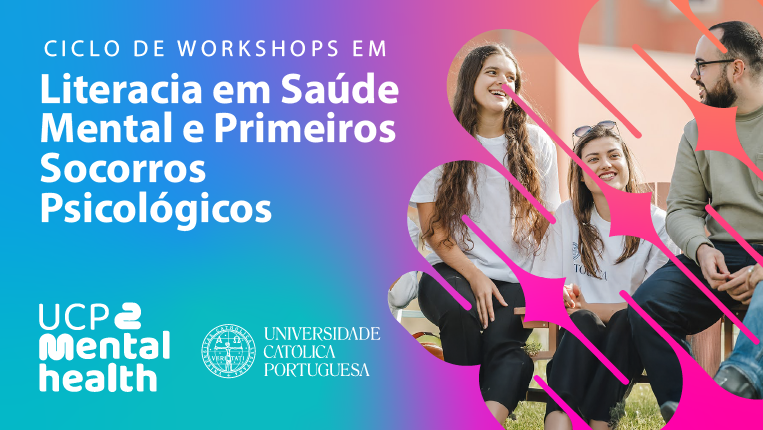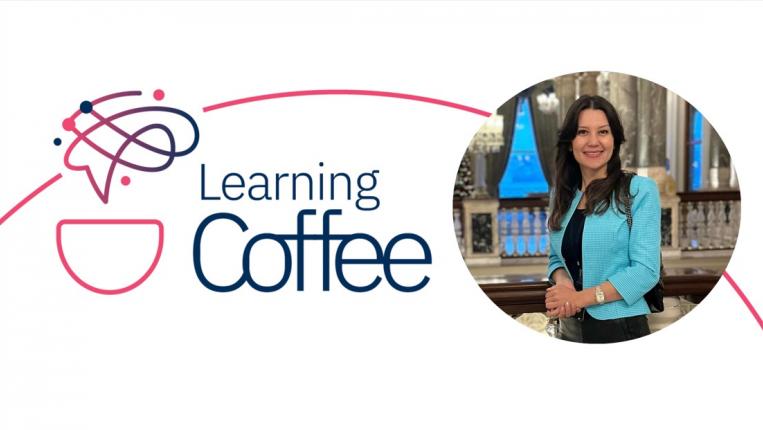An article by researchers at the Universidade Católica Portuguesa (UCP), recently published in the International Journal for Academic Development, highlights the importance of creating collaborative and interdisciplinary faculty communities to promote pedagogical development in higher education.
Based on a model implemented and tested at UCP, the authors argue that interdisciplinary communities can be an opportunity for faculty to reflect, learn, diversify and rethink their teaching and learning practices, giving intentionality to their pedagogy.
The research, entitled Do birds of a feather flock together? Lessons from an interdisciplinary and interinstitutional community-development approach to faculty development, analysed the participation of the UCP faculty from the four UCP campuses in pedagogical development activities during the 2022-2023 academic year.
These initiatives included the First Cycle of UCP Pedagogical Workshops and the Communities of Learning and Practice, implemented for the first time at the University and organised by the CLIL - Católica Learning Innovation Lab team.
"In this study, we assessed the level of adherence of the University's faculty staff to these two pedagogical development initiatives. We tried to understand how they collaborate and get involved in communities of learning and practice and analysed the perceived impact of these initiatives, thus validating the model we are developing at the University," says Diana Soares, CLIL coordinator, lecturer at the Faculty of Education and Psychology of the Universidade Católica Portuguesa (FEP-UCP) and researcher at the Research Centre for Human Development (CEDH).
High level of faculty interest in pedagogical development activities
The high number of faculty participating in the two major initiatives promoted by CLIL and implemented for the first time at UCP demonstrates the interest of faculty in pedagogical development activities aimed at innovating and transforming their teaching and learning practices.
The opportunity to participate in interdisciplinary communities or groups, such as the Communities of Learning and Practice, was considered very relevant by the faculties that participated in the initiative. In the communities, over a period of about three months, faculty were able to explore new teaching and learning methodologies and strategies with other peers in areas such as: problem- and project-based learning, digital learning, service learning, collaborative learning and transversal pedagogical capacity building.
As Diana Soares explains: "The opportunity to join a community is particularly relevant in higher education, as there are usually few opportunities for formal pedagogical development. These communities bring together peers from different interdisciplinary areas, departments and even institutions, and are very attractive because of the rich interaction and mutual learning they offer. Faculty can learn from each other and grow from this interaction."
The positive results achieved with this pedagogical development model implemented at UCP show that higher education professors value community, collaboration and interdisciplinary development. Interdisciplinary communities are an opportunity to reflect, learn, diversify, rethink and design pedagogical strategies, giving intentionality to pedagogy in higher education.
In addition to Diana Soares, the authors Amanda Franco, Magda Rocha and Paulo Dias participated in the research.



